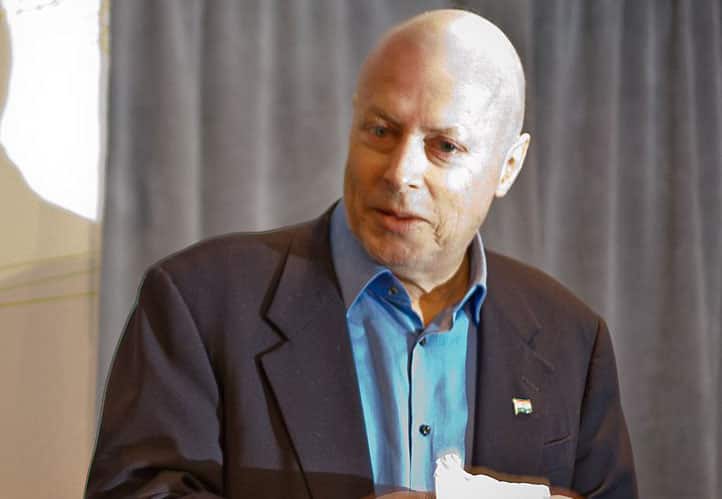Christopher Hitchens, the British born American journalist and writer, died 12 years ago on 15 December 2011, aged 62. In recent days, following the death of Henry Kissinger, the former US Secretary of State, at the age of 100, Hitchens resurfaced in the news.
Hitch, as he was known to his friends, had spent years deploying his relentless journalistic intelligence to push for Kissinger to face justice for crimes against humanity committed in Vietnam, Cambodia and Chile. In 2001 he had dedicated his book The Trial of Henry Kissinger1 [the original rejected title was Henry Kissinger: Portrait of a Serial Killer] to “the brave victims of Henry Kissinger, whose example will easily outlive him and his ‘reputation’.”
And reputation – legacy – is what it’s all about. In the last weeks some writers could not resist pointing to the ‘injustice’ that Kissinger’s lifespan had out-passed the smoke-filled alcohol-rich life of his critic. Less flippantly, whether a form of justice was in fact served, given that twelve years after his death, Hitchens managed to infiltrate almost every Kissinger obituary hacking the whitewashing that the former Secretary of State had diligently orchestrated since he left office in 1976.
The notion that longevity is somehow a divine reward for a worthwhile life would have made the atheist Hitchens laugh. As would the self-deceiving Christian Orthodox comfort-talk, murmured at the funerals of those who have died young, that God tends to recall early those he/she loves the most.
Now that they are both dead it could be argued – and here one has to be respectful of Hitchens’ atheism – that a more ‘divine’ justice has been served by the fact that while Kissinger overstayed, it is the early-departed Hitchens who is forever missed. For his wit, his breath of knowledge, and his capacity to connect the shallow immediacy of politics to the heavy weight of history.
He is especially missed by those who lament the absurd state of global politics and the shameful level of our public discourse. A state of affairs that is nothing less than Kissingerian; a reflection of the dominance of Kissinger’s amoral school of political thought where expediency rules and where autocratic populist leaders’ rise to power is backed despite their record of suppressing free thinking and reasoned dialogue.
Both men played a role in how I personally see the world, the political world at least. Kissinger as the bogeyman who haunted the fate of Cyprus in the mid Seventies through his duplicitous disregard for international law and his unsentimental view of human suffering. Hitchens, partly for writing the first definitive book on Cyprus – Cyprus: Hostage to History – that exposed Kissinger’s machinations at a time when Nixon’s Watergate paranoia had rendered the Secretary of State the de-facto Commander-in-Chief.
But, more importantly, because Hitchens exposed – with equally Kissingerian unsentimentality – wrongdoings and misrepresentations and fought for the freedom of ideas and seemingly forgotten political causes. And because, with his own brand of uncompromising journalism, he exposed the hypocrisy of institutions and political leaders. He deconstructed organised religion and identified the illiberal trajectory of our disorganised democracies and shot down bullies and bigots pursuing the truth without regard to personal consequence.
Both men were mesmerising conversationalists who hovered behind-the-scenes in Washington and paraded in front of the global media glare. But behind that glare Kissinger inhabited the darkness where corporate greed mingles with political power while Hitchens lived in the trenches and on the page where facts battled myths.
As a politician of intrigue and deception Kissinger used words to hide what he was thinking and wrote to boost his ego and obfuscate what he had once done. As a political writer Hitchens used words not just to deliver with exactitude what he was thinking, but to expose with scathing sharpness what Kissinger-types were hiding.
The greatest pity perhaps is that in the twelve years since Hitchens’ death, the world has been deprived of a fierce and illuminating critique of so many other contemptible political figures who rose to power on the back of Kissinger’s rotten ethics.
Nicholas Karides is with the Institute for Mass Media







Click here to change your cookie preferences